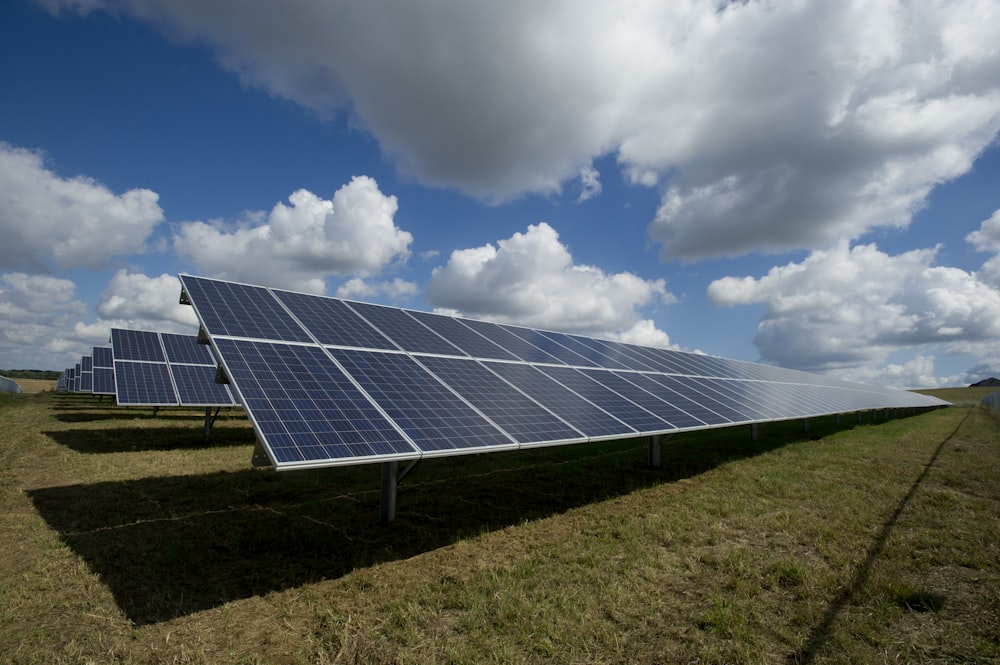Diverse Energies Exploring Sustainable Alternatives
Diverse Energies: Exploring Sustainable Alternatives
In the quest for a greener and more sustainable future, the exploration of alternative energy sources has become paramount. These diverse energies not only offer a departure from traditional fossil fuels but also pave the way for a cleaner and more environmentally conscious world.
Solar Power: Harvesting Sunshine
At the forefront of alternative energy sources is solar power, a technology that harnesses the sun’s energy using photovoltaic cells. These cells convert sunlight into electricity, providing a renewable and abundant source of power. From rooftop panels to expansive solar farms, the brilliance of solar power illuminates our path toward a more sustainable energy landscape.
Wind Energy: Harnessing the Breezes
Wind energy stands tall as a formidable force among alternative energy sources. Giant wind turbines, both onshore and offshore, capture the kinetic energy of the wind and convert it into electricity. The gentle whirring of turbine blades signifies not only a reliance on nature’s forces but also a commitment to reducing carbon footprints.
Hydropower: Tapping into Water’s Potential
Hydropower, derived from the movement of water, is a longstanding champion among alternative energy sources. Dams and turbines strategically placed in rivers generate electricity, showcasing the incredible potential of water as a sustainable energy resource. Hydropower’s reliability and efficiency make it a cornerstone in the quest for clean energy.
Geothermal Energy: Earth’s Internal Heat
Beneath the Earth’s surface lies an often-underestimated source of power – geothermal energy. By tapping into the Earth’s internal heat, geothermal power plants produce electricity and provide heating for homes and businesses. This alternative energy source embodies the harmonious relationship between technology and the Earth’s natural processes.
Biomass: Energy from Organic Matter
In the cycle of sustainability, biomass plays a vital role. This alternative energy source involves converting organic materials, such as agricultural residues and wood pellets, into power. Biomass power plants generate electricity by burning organic matter, offering a renewable and cleaner alternative to conventional fossil fuels.
Nuclear Energy: A Controversial Contender
Nuclear energy, though controversial, is often considered among the alternative energy sources due to its low carbon emissions and high energy output. Utilizing nuclear reactions to generate heat, nuclear power plants produce electricity. However, concerns about safety and radioactive waste disposal make nuclear energy a subject of ongoing debate.
Wave and Tidal Energy: Riding the Ocean’s Motion
The ebb and flow of ocean waves and tides hold immense potential among alternative energy sources. Wave and tidal energy technologies capture the kinetic energy of the ocean’s movement, converting it into electricity. These technologies exemplify the innovation required to tap into the vast and powerful resources of the world’s oceans.
Bioenergy: From Waste to Power
Bioenergy, derived from organic waste materials, exemplifies the transformative nature of alternative energy sources. This includes the production of biogas from organic waste and the conversion of agricultural residues into biofuels. The ability to turn waste into a valuable energy resource contributes to the circular and sustainable economy.
Microgrids and Smart Grids: Reshaping Energy Distribution
As a collective shift

